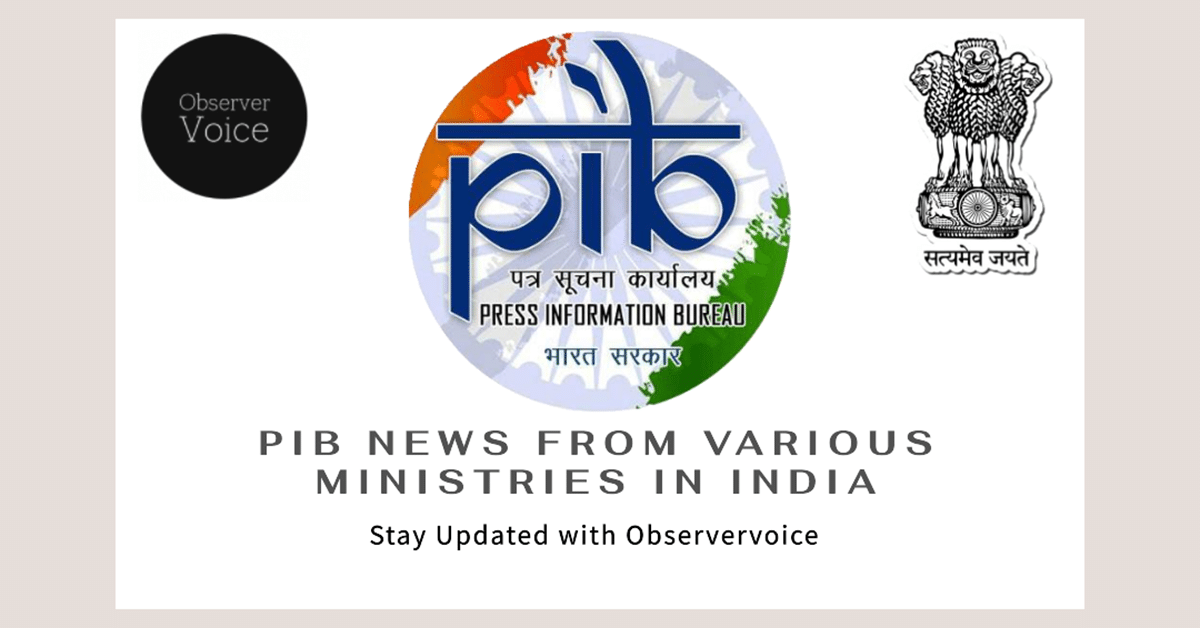Supreme Court Eases Restrictions on Education Amid Air Quality Concerns

The Hon’ble Supreme Court of India has issued a significant order regarding educational institutions in light of ongoing air quality issues. On November 25, 2024, the court directed the Commission to consider relaxing certain restrictions imposed under the Graded Response Action Plan (GRAP) for educational institutions. This decision comes as many students face challenges due to school closures and the lack of online education facilities. The court’s ruling aims to address the pressing needs of students while balancing public health concerns.
Background of the Supreme Court’s Order
In the case of M. C. Mehta Vs. Union of India & Ors., the Supreme Court highlighted several critical issues affecting students. The court noted that many students are deprived of essential services like Mid Day Meals due to school closures. Additionally, it pointed out that a significant number of students lack access to online education. Many educational institutions do not have the necessary infrastructure to provide online classes. Furthermore, the court emphasized that many students do not have air purifiers at home, which means that attending school may not significantly differ from studying at home in terms of air quality.
The Supreme Court’s order allows the Commission to consider exemptions from certain GRAP measures. This includes the possibility of conducting physical classes for students in grades X and XII, who are preparing for board examinations. The court expects the Commission to make a decision promptly, ideally by the following morning, to ensure that students can benefit from any changes as soon as possible.
Key Factors Considered by the Commission
Following the Supreme Court’s directives, the Commission deliberated on several key factors impacting education in the National Capital Territory (NCT) of Delhi and surrounding areas. One major concern is that primary schools in the NCT and other parts of the National Capital Region (NCR) lack the capability to conduct classes entirely online. This limitation has left many students without adequate educational resources during the ongoing air quality crisis.
The Commission also noted that adverse air quality conditions typically persist from November to January. During this period, GRAP Stages III and IV are often invoked, leading to restrictions that affect the educational system’s functioning. These restrictions can severely impact the quality of education, particularly for students in grades X and XII, who must attend physical classes for practical examinations and tutorials.
Moreover, the Commission acknowledged various representations from school authorities and parents regarding the need for physical classes during these restrictive GRAP stages. The cumulative effect of these considerations led to the Commission’s decision to relax certain restrictions.
Implementation of Hybrid Learning Models
In compliance with the Supreme Court’s order, the Commission has announced immediate changes to the educational framework in the NCR. The relaxation of Clause 11 of GRAP Stage-III and Clauses 5 and 8 of GRAP Stage-IV allows for a hybrid mode of education. This means that classes for students up to the 12th standard can now be conducted in both physical and online formats, depending on the feasibility of online education.
The option to choose between online and physical classes will be available to students and their guardians. This flexibility aims to accommodate those who may not have access to online education at home. The Commission has also encouraged state governments in the NCR to consider implementing similar hybrid models in other areas.
This decision marks a crucial step toward ensuring that students can continue their education despite the challenges posed by air quality issues. By allowing a hybrid approach, the Commission aims to provide a balanced solution that prioritizes both education and health.
In conclusion, the Supreme Court’s recent order and the subsequent actions taken by the Commission reflect a commitment to addressing the educational needs of students while navigating the complexities of public health concerns. The focus on hybrid learning models provides a pathway for students to continue their education in a safe and effective manner.
Observer Voice is the one stop site for National, International news, Sports, Editor’s Choice, Art/culture contents, Quotes and much more. We also cover historical contents. Historical contents includes World History, Indian History, and what happened today. The website also covers Entertainment across the India and World.

